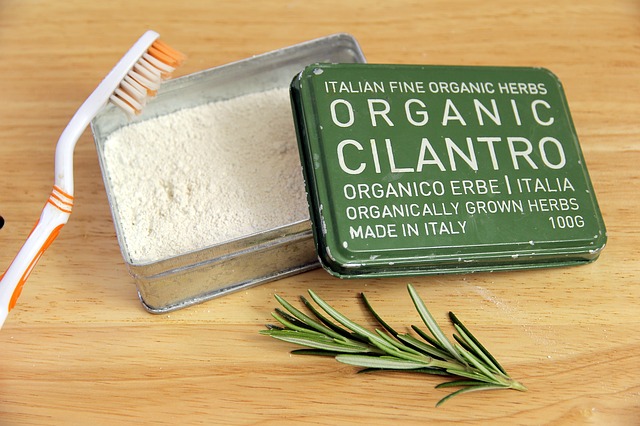In recent years, people have been turning toward the “all natural” version of just about any commonly used product. Consumers concerned with being healthier or more eco friendly opt for all-natural deodorants, bug repellent, and cleaning products. Organic foods grown without the use of pesticides and meat free of antibiotics now fill the shelves in every grocery store. Is this all-natural shift coming for toothpaste next?
Yes, many varieties of natural toothpaste can be found on the market. These toothpastes typically do not contain fluoride or chemical agents such as lauryl sulfate, which appeals to consumers who question the safety of these commonly used additives to dental hygiene products. But do these all-natural toothpastes actually protect teeth, and are they worth your money? The science is iffy.
Does all-natural toothpaste work?
First of all, let’s take a look at how toothpaste is supposed to work. We use toothpaste to accomplish two things: removing plaque and protecting teeth against decay.
Humans have been using natural toothpaste recipes since the time of the ancient Romans, and have experimented with many different compounds that help remove plaque and protect against decay. Before the 1800s, all toothpaste was all natural! Early toothpastes used pumice or nuts to add abrasiveness to scrape the plaque away, while substances with naturally antibacterial properties like bark, charcoal and herbs helped to guard against decay.
Today’s all natural toothpastes may be effective to a degree, but most do lack one crucial ingredient: fluoride. Though controversial, fluoride is the cornerstone of modern dentistry for a reason. It’s a powerful tool in cavity prevention, and has led to huge improvements in public dental health in areas with drinking water fluoridation (as is common across Australia).
Without fluoride, any toothpaste is going to be at a disadvantage and lack essential oral health benefits — regardless of its other ingredients.
Pros and cons of all-natural toothpaste
The pros of using natural toothpaste are largely subjective. Though most dentists might not agree, avoiding chemicals with potential side effects and dubious medical benefits is important to many consumers. Formulas are simpler and the ingredients are easy to understand. Also, many people prefer the taste of natural toothpaste, which tends to be less sweet and comes in a range of interesting flavors thanks to herbal ingredients like fennel and tea tree oil.
Setting aside questions of its effectiveness, downsides to natural toothpaste include its cost — higher on average than standard alternatives — and the fact that many people may be turned off by its texture. Without chemical additives to provide the creamy paste consistency and bubbles, natural toothpastes tend to have a more gel-like texture that won’t foam up when you scrub.
What is the best natural toothpaste?
If you’re interested in going for a greener dental care product but still want to use the most effective substance to protect against tooth decay, choose from a line like Tom’s of Maine or The Natural Dentist. These brands leave out many commercial additives but still include fluoride and other essential ingredients, allowing them to match up with the healthiest toothpastes.

